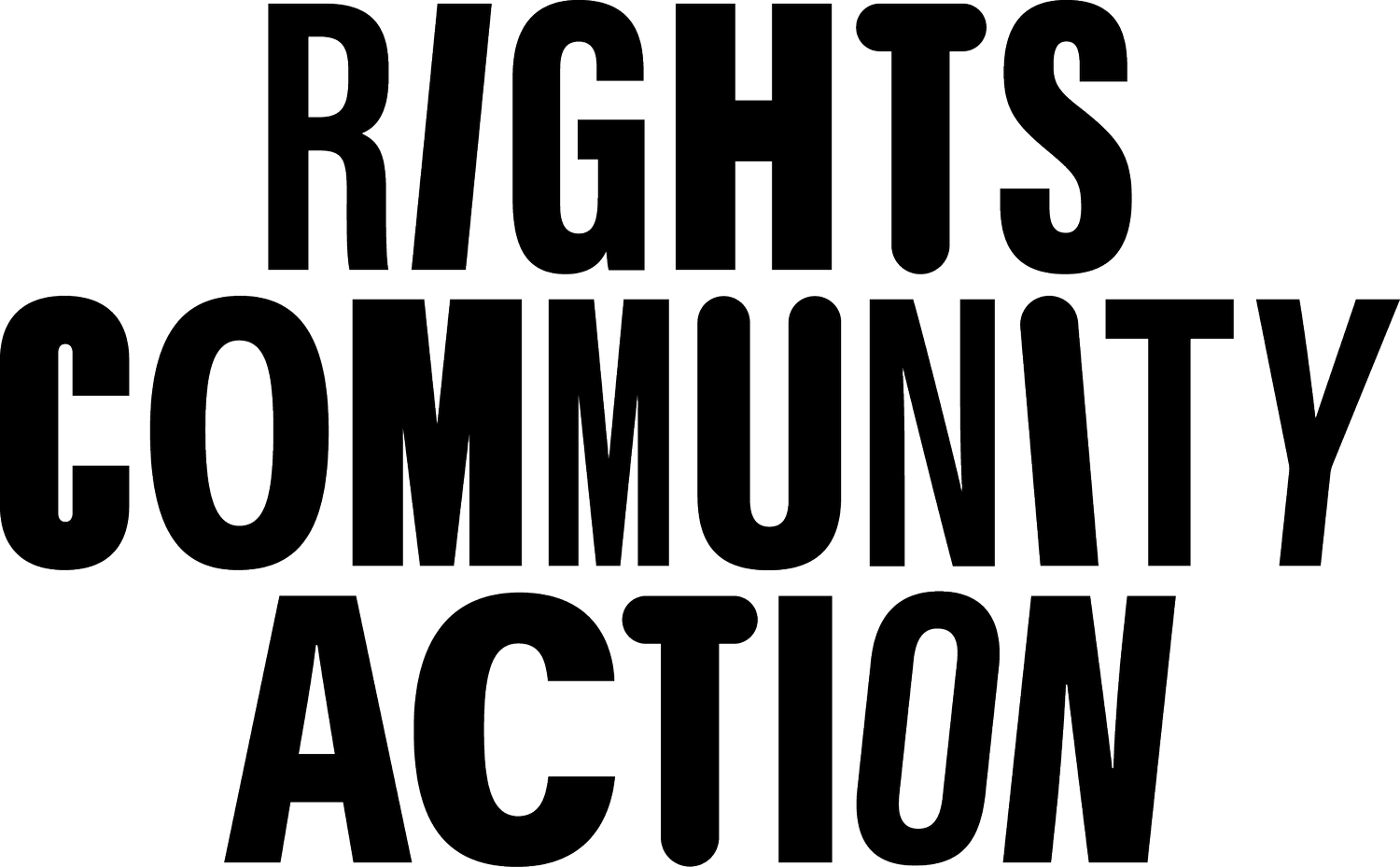Silencing Our Voices
The Levelling Up and Regeneration Bill is silencing people, communities, councils.
UPDATE - The Levelling Up and Regeneration Bill received royal assent on 26 October 2023. The amendment supported by Rights Community Action on community resilience to climate change, mitigation and adaptation, passed the Lords but was defeated in the Commons twice. However, the Government finally came back with a concession that, although it watered down the amendment, was a slight improvement to the Bill. Our work also helped kick out a last minute amendment from the Government that would have meant planning authorities no longer have to consider nutrient neutrality as a material factor in planning application. Read more here
The Government isn’t interested in your view on what gets built where.
We have commissioned legal advice that confirms that the new laws proposed in this bill will centralise decision-making, disempower locally elected government, and reduce our right to have a say over what happens where.
‘a radical, centralising change upon the current system…’
The legal advice highlights three ways the Bill has reduced public participation.
1. Right to have a say in local plans
Local plans allocate sites for development and set out local policy. At the moment, if you object to a local plan, you have a right to be heard when it is examined. This Bill creates new plans that sit alongside a local plan, including the strategic component where green belt policy is decided, where this right is specifically denied.
2. Centralising power over policy
The Bill creates the new National Development Management Policy which is the Secretary of State’s trump card. It can override the local plan. There is no legal limit on how extensive this national policy can be. It looks like instead of a local plan-led system, we will have a Secretary of State-led system.
3. Time to consider major projects
There is a new power for the Secretary of State to shorten the time for public examinations to any duration he or she thinks fit. At the moment it is six months for the examination of highly complex infrastructure proposals such as nuclear power stations or airports. Public hearings form a small fraction of the time in the examination process. Communities will have even less time to have a meaningful voice over development which will have a profound impact on their lives.
Take action
Our voice in the development that happens around us is being marginalised. We should all have a stake and a say in how decisions are made locally given the things we need to do – to build more renewable energy, to make sure our homes are fit to live in and are affordable, and to protect green space and increase access to nature, making sure that we can walk and cycle around the places we live in safely and securely. Every community needs to be part of the decisions on development in their area. We need to build and adapt the places we live in, together
What’s happening with the Levelling Up Bill right now?
The Bill enters committee stage in the Lords on 20th February 2023. Baroness Hayman has proposed a ‘community resilience to climate change’ amendment no. 270 responding to the needs of people and places who are facing uncertain and risky futures. It is vital that Peers support this amendment and continue to press the UK Government for greater action to protect communities from the growing threat of flooding. Read our briefing on the amendment here.
What can I do to help?
You can write in your own words to Baroness Scott of Bybrook and Michael Gove, Secretary of State with your own story about why flooding, the climate crisis and your fears for the future are concerns for you and your community and that you support the amendment.
Our other work on the Levelling Up Bill
Read our parliamentary briefing from December 2022 in support of amendments new clauses 14-18 when the Levelling Up and Regeneration Bill was at Report stage in the Commons here.
We commissioned two legal opinions on LURB, both prepared by Paul Brown K.C. and Alex Shattock, Landmark Chambers - you can read both in our downloads section.

